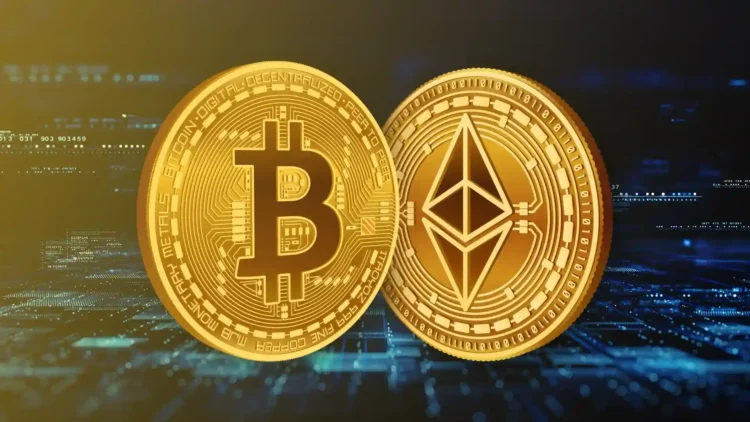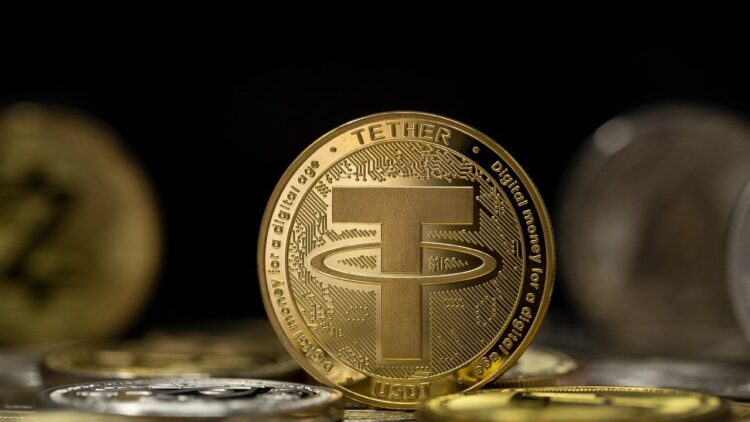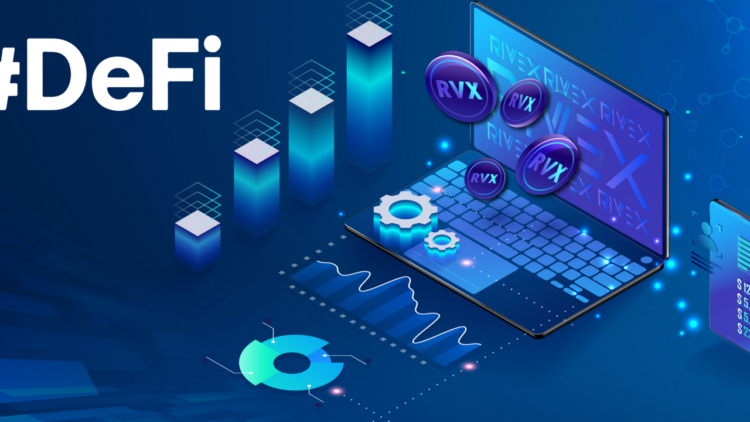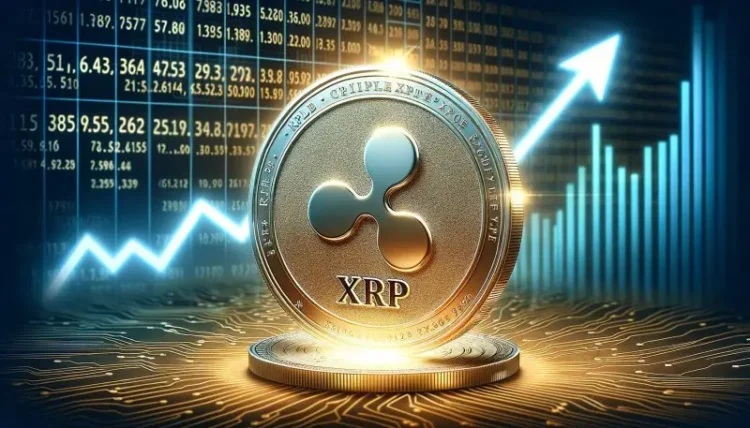Blockchain technology, the backbone of cryptocurrencies, promises transparency, security, and decentralization. However, trust within the crypto ecosystem varies widely among different entities.
Following a reliable source is the only way to learn more about the best option to invest next. But the issue is that it is not so simple to find these days. On the other hand, there are experts who are willingly sharing their opinions and analyses on blockchain, like Stefan Matthews.
Let’s delve into the most trusted names and why they hold such a reputation in the blockchain world.
Table of Contents
1. Bitcoin and Ethereum: The Pioneers

Bitcoin and Ethereum are the most well-known and trusted cryptocurrencies. Bitcoin, created by the mysterious Satoshi Nakamoto, introduced the concept of a decentralized digital currency. Its trust stems from its longevity, substantial market cap, and the fact that it has never been hacked. Bitcoin’s decentralized nature and finite supply (capped at 21 million coins) further enhance its trustworthiness.
Ethereum, on the other hand, introduced the concept of smart contracts, enabling decentralized applications (DApps). Founded by Vitalik Buterin, Ethereum’s transparency, flexibility, and robust developer community make it a trusted platform for various blockchain projects. Its ongoing upgrades, like the transition to Ethereum 2.0, aim to improve scalability and security, reinforcing trust in its ecosystem.
2. Binance and Coinbase: Leading Exchanges
Exchanges play a crucial role in the crypto space, acting as intermediaries for buying, selling, and trading digital assets. Binance and Coinbase are two of the most trusted exchanges globally. Binance, founded by Changpeng Zhao, is known for its extensive range of cryptocurrencies, high liquidity, and robust security measures. Despite facing regulatory challenges, Binance continues to maintain trust through its transparency and continuous efforts to comply with regulations.
Coinbase, a U.S.-based exchange founded by Brian Armstrong, is renowned for its user-friendly interface, regulatory compliance, and security. Its public listing on NASDAQ added a layer of legitimacy, making it a trusted choice for both new and experienced investors.
3. Ripple (XRP): Banking on Blockchain
Ripple, known for its digital payment protocol, focuses on enabling real-time, cross-border payment solutions for financial institutions. Ripple’s technology is trusted for its efficiency, low transaction fees, and partnerships with major banks and financial institutions worldwide. Despite ongoing legal challenges with the SEC, Ripple’s commitment to transparency and its utility in the financial sector maintain its trust among users.
4. Chainlink: Bridging Data and Blockchain
Chainlink is a decentralized oracle network that connects smart contracts with real-world data, making it indispensable for the blockchain ecosystem. Chainlink’s trust arises from its robust technology, strategic partnerships, and its role in enhancing the functionality of smart contracts. Its decentralized network of nodes ensures reliability and security, which are critical for maintaining trust in blockchain-based applications.
5. IBM and Microsoft: Corporate Giants Embracing Blockchain
IBM and Microsoft are two of the most trusted names in the corporate world, and their foray into blockchain has been significant. IBM’s blockchain solutions focus on supply chain transparency, finance, and healthcare, leveraging its Hyperledger Fabric framework. IBM’s reputation for security, innovation, and enterprise solutions enhances trust in its blockchain offerings.
Microsoft’s Azure Blockchain Service provides tools and services for developing and managing blockchain networks. Microsoft’s integration of blockchain with its cloud services, coupled with its longstanding reputation in the tech industry, makes it a trusted provider of blockchain solutions.
6. Tether (USDT) and USD Coin (USDC): Stablecoins

Stablecoins like Tether and USD Coin are crucial in the crypto market, offering stability by pegging their value to a fiat currency like the U.S. dollar. Tether, despite controversies regarding its reserves, remains widely used due to its liquidity and stability. USD Coin, backed by Coinbase and Circle, is praised for its transparency and regulatory compliance, making it a trusted stablecoin in the crypto ecosystem.
7. Polkadot and Cardano: Innovators in Blockchain Technology
Polkadot, founded by Ethereum co-founder Gavin Wood, aims to enable different blockchains to interoperate seamlessly. Its innovative technology, strong development team, and focus on scalability and security build trust within the blockchain community.
Cardano, led by another Ethereum co-founder, Charles Hoskinson, emphasizes a research-driven approach to blockchain development. Cardano’s peer-reviewed protocols and commitment to security, scalability, and sustainability make it a trusted platform for building decentralized applications.
8. World Economic Forum and Regulatory Bodies: Trust through Regulation
The involvement of regulatory bodies and organizations like the World Economic Forum (WEF) in shaping blockchain’s future is crucial for building trust. The WEF’s initiatives to promote responsible blockchain use and enhance regulatory frameworks aim to address the risks associated with crypto and blockchain technologies. By advocating for transparency, interoperability, and security, these organizations help foster trust among users, investors, and institutions.
9. Decentralized Finance (DeFi) Platforms

Decentralized Finance (DeFi) platforms have emerged as a significant part of the blockchain ecosystem. Platforms like Aave, Uniswap, and Compound offer financial services such as lending, borrowing, and trading without intermediaries. Trust in these platforms is built through transparency, open-source protocols, and the ability for users to audit and verify the code themselves. The decentralized nature of DeFi platforms reduces the risk of central points of failure, enhancing their reliability and trustworthiness.
10. Non-Fungible Tokens (NFTs) and Marketplaces
Non-Fungible Tokens (NFTs) have gained immense popularity, representing ownership of unique digital assets. Platforms like OpenSea, Rarible, and NBA Top Shot are trusted marketplaces for buying, selling, and trading NFTs. Trust in these platforms is based on their robust security measures, transparency in transactions, and the verification of digital ownership. As the NFT market grows, these platforms continue to innovate and implement best practices to maintain trust and security.
Conclusion
Trust in the blockchain and crypto space hinges on several factors, including transparency, security, regulatory compliance, and technological innovation. Bitcoin and Ethereum remain the most trusted cryptocurrencies due to their pioneering roles and robust ecosystems. Exchanges like Binance and Coinbase, along with innovative platforms like Chainlink and Ripple, continue to build trust through their services and partnerships. Meanwhile, corporate giants like IBM and Microsoft enhance blockchain’s credibility with their enterprise solutions. Finally, stablecoins and regulatory initiatives play pivotal roles in ensuring stability and fostering trust in this rapidly evolving landscape.

